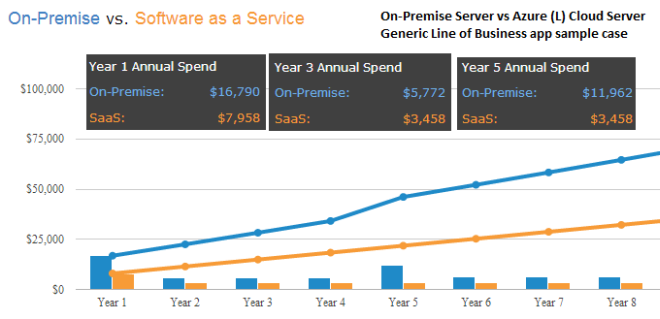

A First Course in Pharmacokinetics and Biopharmaceutics by David Bourne-available at ) or corresponding knowledge.

Prior to the course is recommended to aquire basic knowledge on aspects of pharmacokinetics and pharmacodynamics as provided by web based teaching courses (e.g. The same additional priorities as under 1. PhD-students from with Karolinska Institutet collaborating universities and who can be eligible for this KI course.

PhD-students from other Swedish Universities with the same additional priorities as under 1 and finallyģ. PhD-students at Karolinska Institutet and joint Makerere-KI PhD program with priority for those students in most relevant areas for the course and with documented basic knowledge in pharmacokinetics/pharmacodynamicsĢ. Literature articles provided and recommendedġ. A First Course in Pharmacokinetics and Biopharmaceutics by David Bourne-available at 3. Daniels (Editor), Robert Dedrick (Editor), Sanford P. Principles of Clinical Pharmacology, Second Edition by Arthur J. If a student fail to participate in all moments it is required that the students document knowledge/understanding and document that he/she has calculated and analyzed data.ġ. Lectures, groups work, calculations, demonstrations and seminars are obligatory.

Except for teachers/lecturers the course will have tutors with about 5 students each. Lectures, group work, PK-PD calculations, demonstrations and literature review/seminars. non-compartmental methods, Population models, Assessment of model performance CONCEPTS IN PK-PD MODELLING Purpose of modelling, PD variables and their physiological correlates, Model selection, Time dimension in PK-PD models, Assessment of model performance MATHEMATICAL CONCEPTS Types of data (dichotomous, categorical, continuous), Logarithms and exponential functions, Regression functions (linear, nonlinear, logistic), Distribution fitting, Parametric and nonparametric statistical tests HANDS-ON TRAINING IN PK AND PK-PD MODELLING OF GIVEN DATA Organizing the database, Graphical and statistical methods to explore data, Transformation of data Setting up aims of modeling, Model selection, Evaluation of model performance (CI for parameters, correlations, AIC), Statistical evaluation of results CONSIDERATIONS FOR DESIGN OF PK-PD EVALUATIONS IN TREATMENT STUDIES Sampling of PK and PD data, Analysis plan, Sample size Design and plan for performing pharmacokinetic/-dynamic studies including sampling schedules for evaluation of drug concentrations and pharmacological and outcome effects -account for theory and practice of pharmacokinetic/-dynamic data analysis and modelling using rich data -show understanding of the principles for population pharmacokinetic/-dynamic modelling using sparse data sampling strategies -show documented capacity to calculate and understand pharmacokinetic/-dynamic parametersīASIC LECTURES MALARIA Pathology, Clinical endpoints, Variables for PK-PD modeling, Overview of current pharmacological treatments BASIC LECTURES HIV/AIDS Pathology, Clinical endpoints, Variables for PK-PD modeling, Overview of current pharmacological treatments LITERATURE STUDIES ON PI-PD MODELLING OF DRUGS USED TO TREAT HIV/AIDS AND MALARIA To summarize and discuss : Study population and selected demographic covariates, Treatment regimens and principles for dose individualization, Clinical endpoints used for PK-PD modeling, Bioanalytical methods, Selection of PK model, Selection of PK-PD model, Performance of PK-PD model, Conclusions and usefulness of results LITERATURE STUDIES ON RATIONALE FOR CURRENT DOSING REGIMENS OF SELECTED HIV/AIDS AND ANTIMALARIAL DRUGS To summarize and discuss Studies performed to support dosing principles, Quality of studies, Available data in subgroups (males, females, children, impaired renal or hepatic function), Suggestions for supplementary studies CONCPETS IN PK MODELLING Purpose of modelling, PK variables and their physiological correlates, Model selection, Compartmental vs.
Pharmacokinetics and dynamics calculator how to#
Clinical pharmacokinetics/pharmacodynamics research course -focus on HIV/AIDS- and antimalarial drug therapyĪt the end of the course the student should be able to -show critical insights and understanding on how to evaluate design and results of pharmacokinetic/dynamic studies of HIV- and antimalarial drugs.


 0 kommentar(er)
0 kommentar(er)
